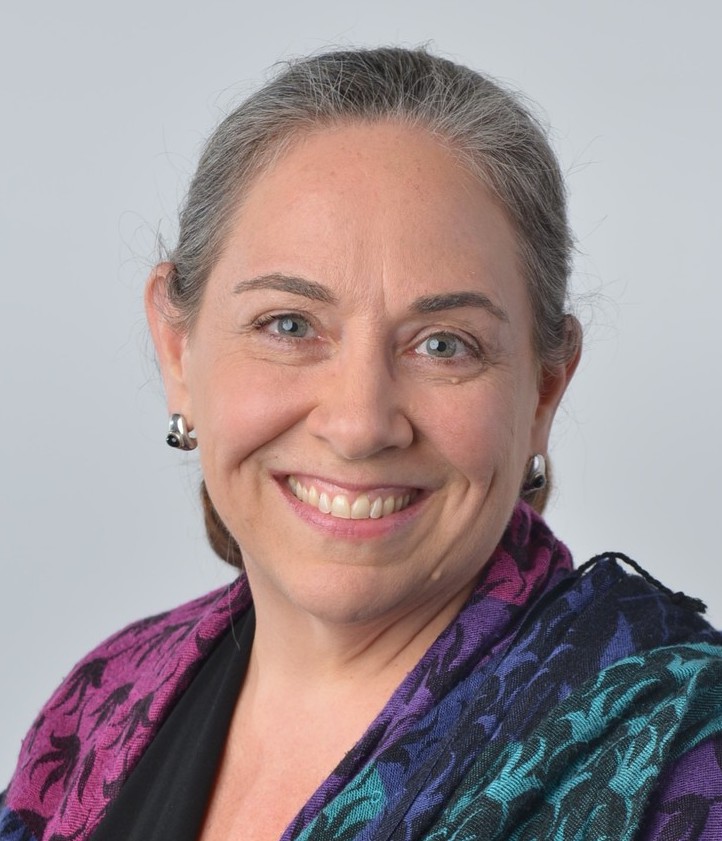More than Physical: Substance Use & Mental Health Coercion in Domestic/Intimate Partner Violence
Speaker(s):
Presentation: This workshop will provide participants with the information and tools necessary to screen for substance use and mental health coercion and to support clients’ ability to safely cope with these dynamics. Workshop participants will review literature on the prevalence of DV/IPV among clients seeking mental health and SUD services. Common coercive dynamics as they relate to clients’ ability to seek and obtain mental health and SUD services will also be discussed in conjunction with trauma-informed practices for screening and safety planning in a variety of practice settings (ie: shelters, outpatient treatment programs, MAT clinics, at home). Using case-based scenarios, workshop participants will actively practice developing collaborative safety and treatment plans that are reflective of clients’ unique needs.
Objectives:
- Describe the prevalence of DV/IPV among clients seeking mental health and SUD services
- Define mental health and substance use coercion
- Describe how coercive tactics in abusive relationships that may affect a survivor’s ability to seek and obtain services
- Screen for mental health and substance use coercion and DV/IPV in a variety of settings
- Respond effectively to disclosures of DV/IPV and/or mental health and substance use coercion
- Collaborate with survivors to develop safety plans that reduce harm and promote their ability to access treatment

